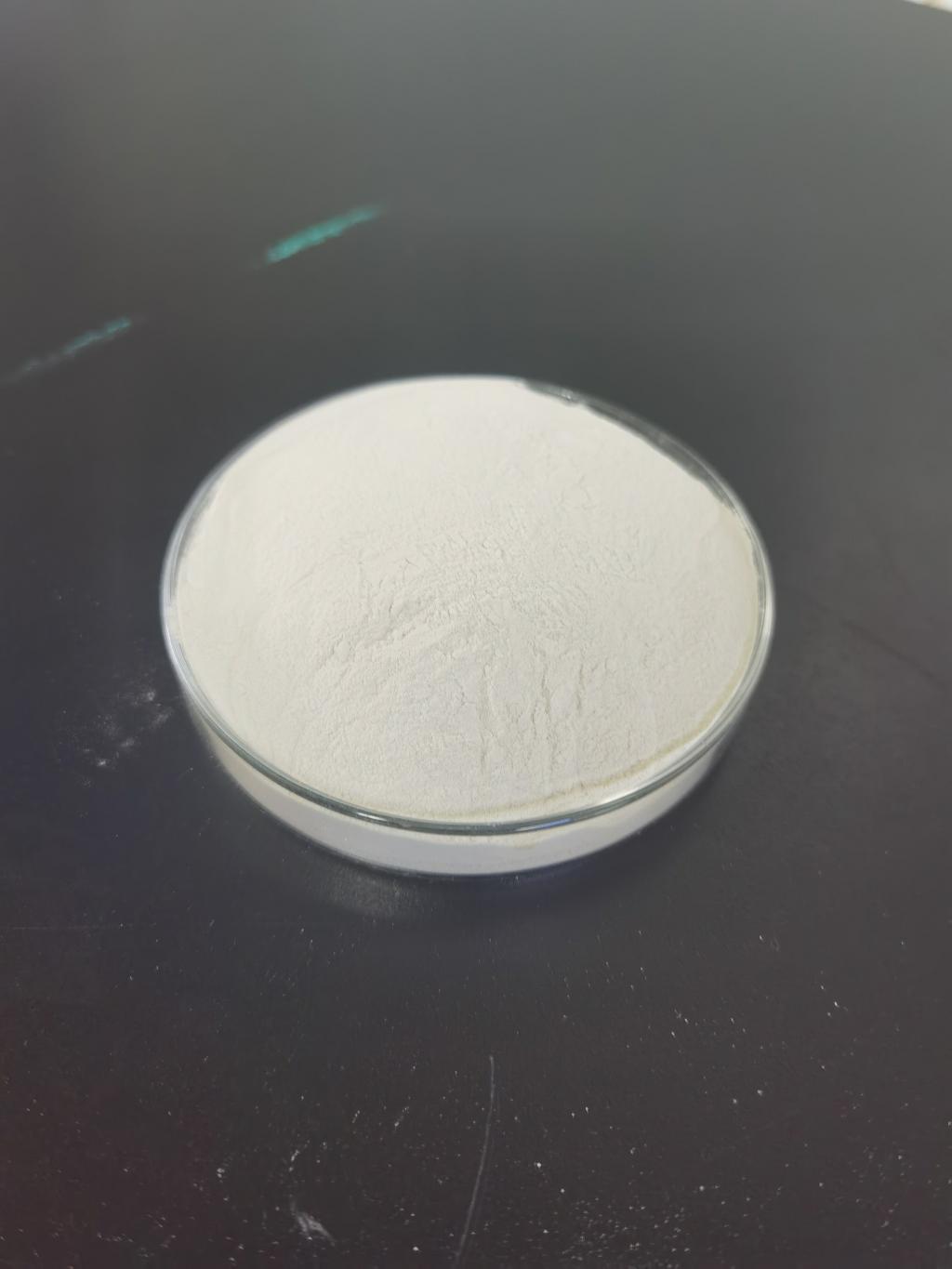Tel:0086 18231198596

News
Nisin's Expanding Role in Plant-Based and Vegan Food Products.
TIME:2023-11-16
The Rise of Plant-Based and Vegan Foods
The shift towards plant-based and vegan diets is a global phenomenon driven by various factors, including health consciousness, environmental concerns, and ethical considerations. Consumers are increasingly seeking alternatives to traditional animal-derived products, leading to a booming market for plant-based foods. From plant-based burgers and dairy-free cheeses to meat alternatives and vegan desserts, the variety and availability of these products have expanded significantly.
However, the formulation and preservation of plant-based and vegan foods present unique challenges compared to their animal-based counterparts. The absence of certain components, such as natural fats and proteins found in animal products, can impact the texture, flavor, and shelf life of plant-based alternatives. Preservation methods that ensure food safety without compromising the quality of these products are essential for meeting consumer expectations.
Challenges in Preserving Plant-Based and Vegan Foods
Preserving plant-based and vegan foods poses specific challenges due to the absence of intrinsic antimicrobial components present in animal-based products. The vulnerability of these products to spoilage and microbial contamination necessitates the development of effective preservation strategies. Key challenges include:
Texture and Flavor Preservation: Plant-based products often rely on specific textures and flavors derived from plant sources. Traditional preservation methods, such as high-temperature processing, can alter these characteristics, affecting the overall quality of the product.
Microbial Contamination: The absence of natural antimicrobial agents in plant-based foods makes them more susceptible to microbial contamination. Bacteria, molds, and yeasts can compromise the safety and shelf life of these products.
Clean Label Preferences: Consumers of plant-based and vegan foods often prioritize clean label ingredients, avoiding synthetic additives and preservatives. Meeting these preferences while ensuring food safety poses a challenge for manufacturers.
Refrigerated and Frozen Products: Many plant-based products, such as vegan cheeses and desserts, require refrigeration or freezing. Ensuring microbial stability under these conditions is critical, as spoilage organisms can still thrive in cold environments.
Nisin: A Natural Antimicrobial for Plant-Based Products
Nisin, a natural antimicrobial peptide produced by certain lactic acid bacteria, has a well-established history of use in preserving dairy and meat products. Its unique properties make it an attractive option for addressing the preservation challenges associated with plant-based and vegan foods.
Broad Antimicrobial Spectrum: Nisin exhibits a broad spectrum of antimicrobial activity against Gram-positive bacteria, including Listeria monocytogenes, a common concern in plant-based foods. Its efficacy against various spoilage organisms enhances the microbial stability of these products.
Heat Stability: Nisin remains effective even at elevated temperatures, allowing for its use in heat-processed plant-based products without compromising its antimicrobial activity. This is particularly advantageous for products that undergo cooking or baking processes.
Clean Label Status: As a naturally occurring peptide, nisin aligns with clean label preferences, making it an appealing choice for manufacturers aiming to meet consumer demands for simple and recognizable ingredients.
Synergistic Effects: Nisin can act synergistically with other natural antimicrobials, enhancing overall preservation efficacy. This opens the door to developing multifunctional preservation strategies that address multiple challenges simultaneously.
Applications in Plant-Based and Vegan Foods
Nisin's applications in plant-based and vegan foods are diverse, spanning various product categories. Some notable applications include:
Vegan Cheeses: Nisin can be incorporated into vegan cheese formulations to prevent the growth of spoilage bacteria and molds, extending shelf life while maintaining the desired texture and flavor.
Plant-Based Meats: In meat alternatives made from plant proteins, nisin helps control microbial contamination during processing and storage. This is crucial for ensuring the safety of products like plant-based burgers and sausages.
Dairy-Free Desserts: Vegan desserts, such as dairy-free puddings and custards, often face challenges related to microbial stability. Nisin offers a natural solution for extending the shelf life of these products without compromising their sensory attributes.
Refrigerated and Frozen Products: Plant-based products that require refrigeration or freezing, such as vegan ice cream or yogurt, can benefit from nisin's heat-stable antimicrobial properties. This ensures microbial stability throughout the product's lifecycle.
Overcoming Resistance and Regulatory Considerations
While nisin has proven efficacy against a broad spectrum of bacteria, the development of resistance is a potential concern. Monitoring and managing resistance are crucial aspects of responsible use. Additionally, compliance with regulatory standards and maximum permitted levels is essential for incorporating nisin into plant-based and vegan products. Understanding and addressing these considerations are vital for ensuring the long-term effectiveness and safety of nisin in food applications.
Future Directions and Innovations
The expanding role of nisin in plant-based and vegan foods opens avenues for future research and innovation:
Tailored Formulations: Developing nisin formulations tailored to the specific characteristics of different plant-based products to optimize efficacy and sensory attributes.
Combined Preservation Strategies: Exploring synergies with other natural preservatives, antioxidants, and packaging technologies to create comprehensive preservation strategies that meet the unique challenges of plant-based and vegan foods.
Consumer Education: Educating consumers about the benefits of nisin in preserving plant-based products and dispelling any misconceptions about its safety and origins.
Genetic Engineering: Investigating genetic engineering approaches to enhance the production of nisin in lactic acid bacteria strains, potentially increasing its availability for food applications.
Conclusion
Nisin's expanding role in plant-based and vegan food products marks a significant advancement in the field of food preservation. As consumer preferences continue to drive the demand for innovative and sustainable alternatives, the natural and effective properties of nisin position it as a valuable tool for ensuring the safety and quality of plant-based and vegan foods. By addressing the unique challenges associated with these products, nisin contributes to the growth and diversification of the plant-based food industry, offering consumers a broader array of choices without compromising on taste, texture, or safety.

 CONTACT
CONTACT




